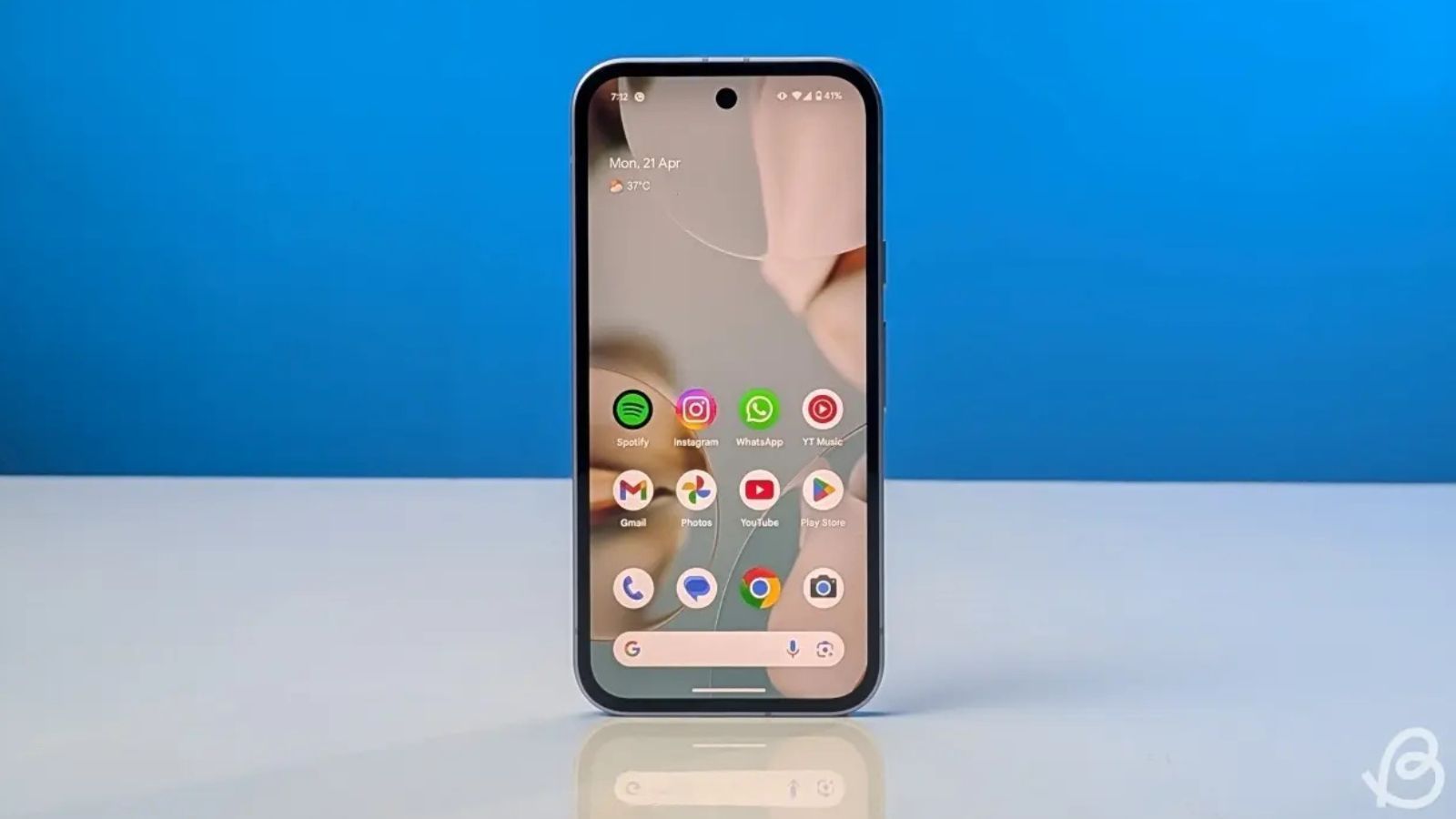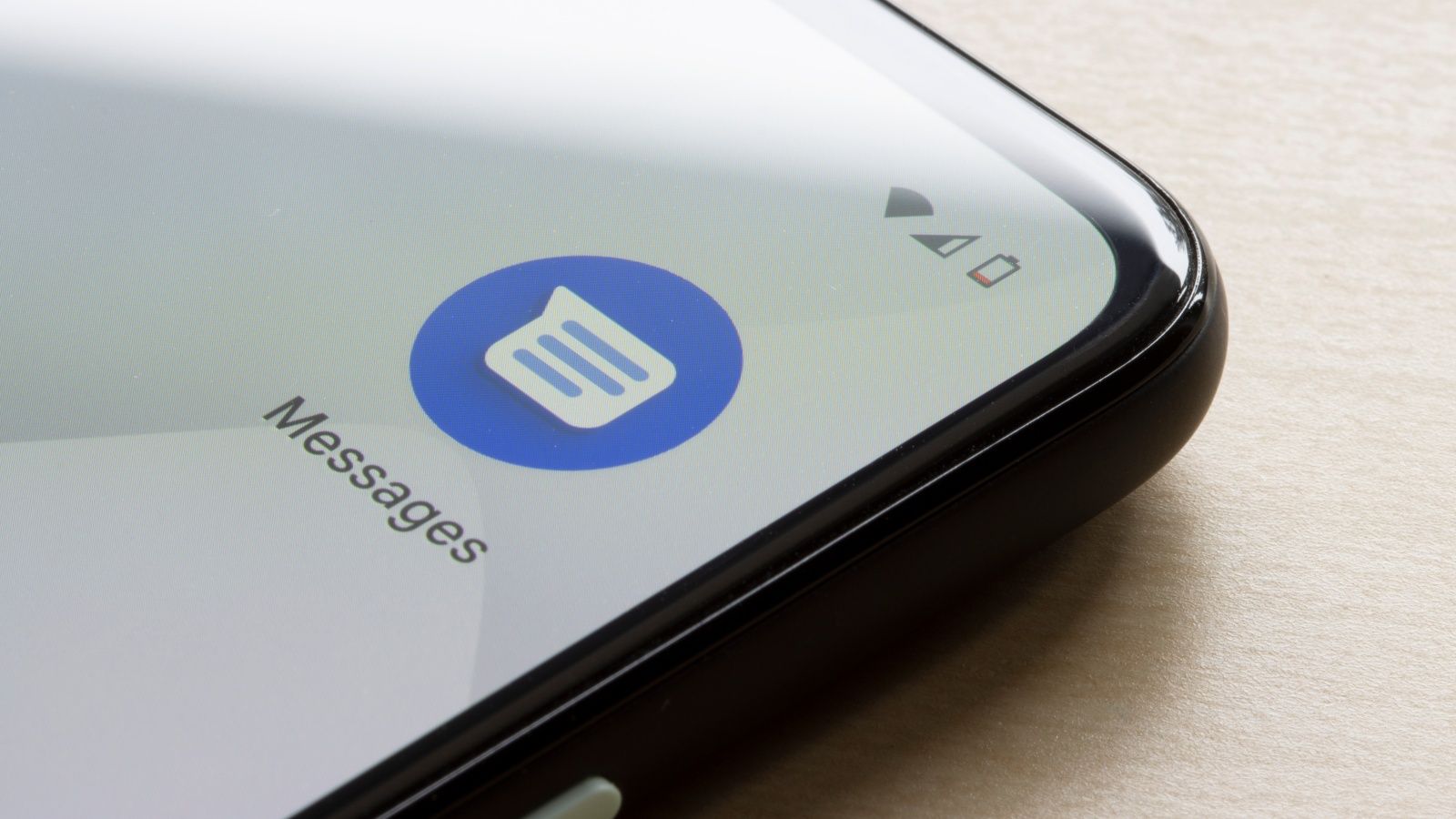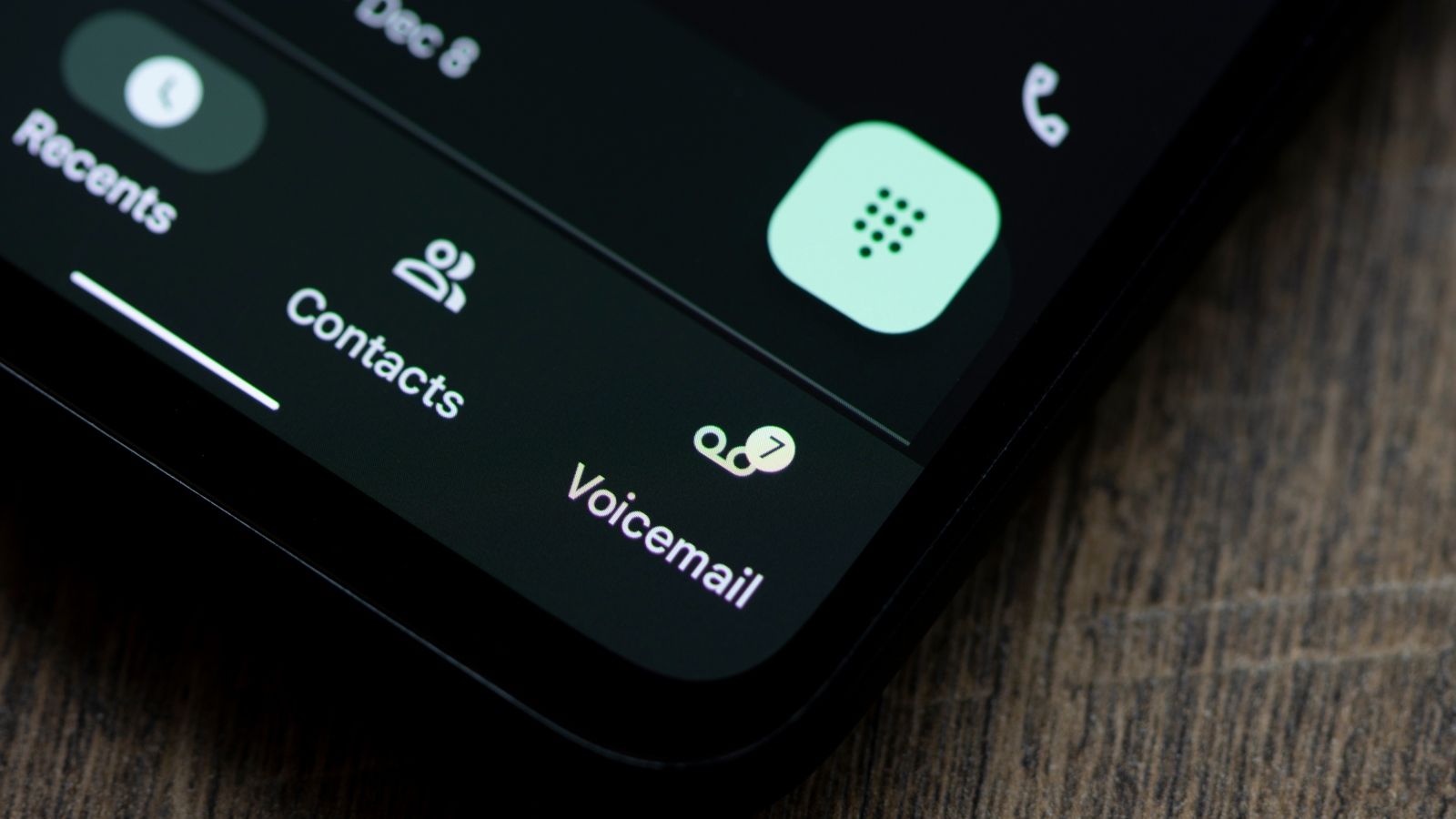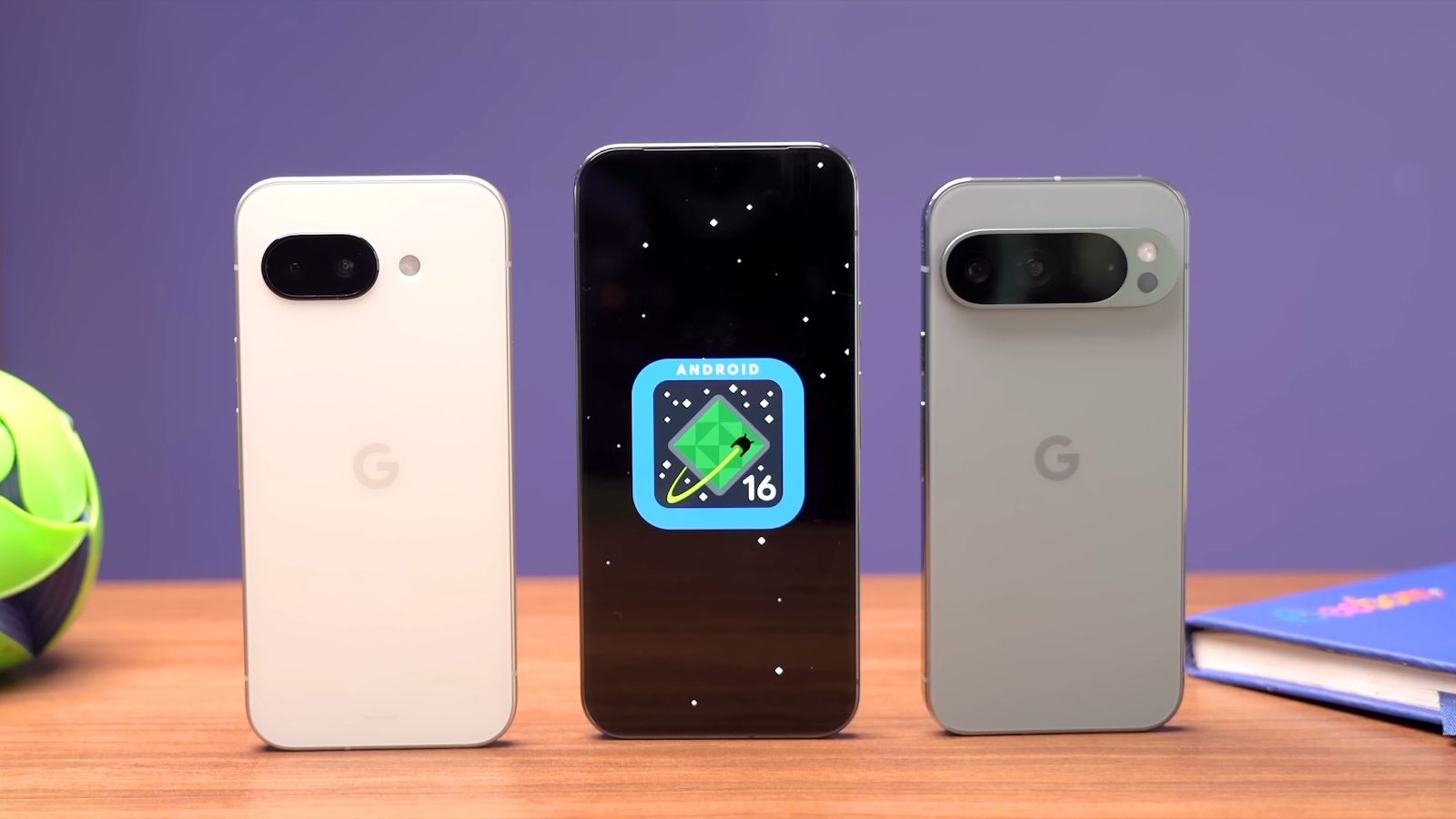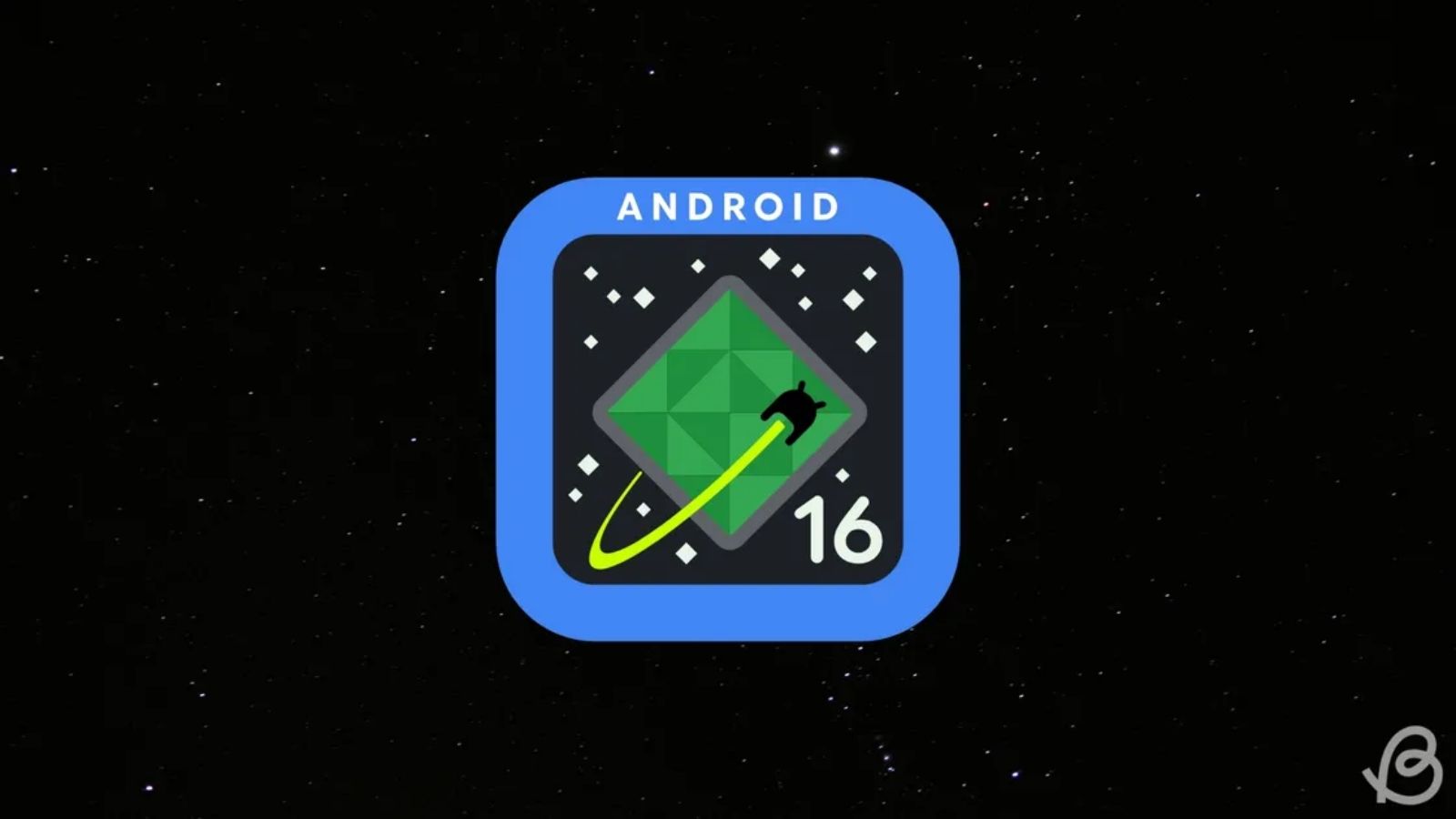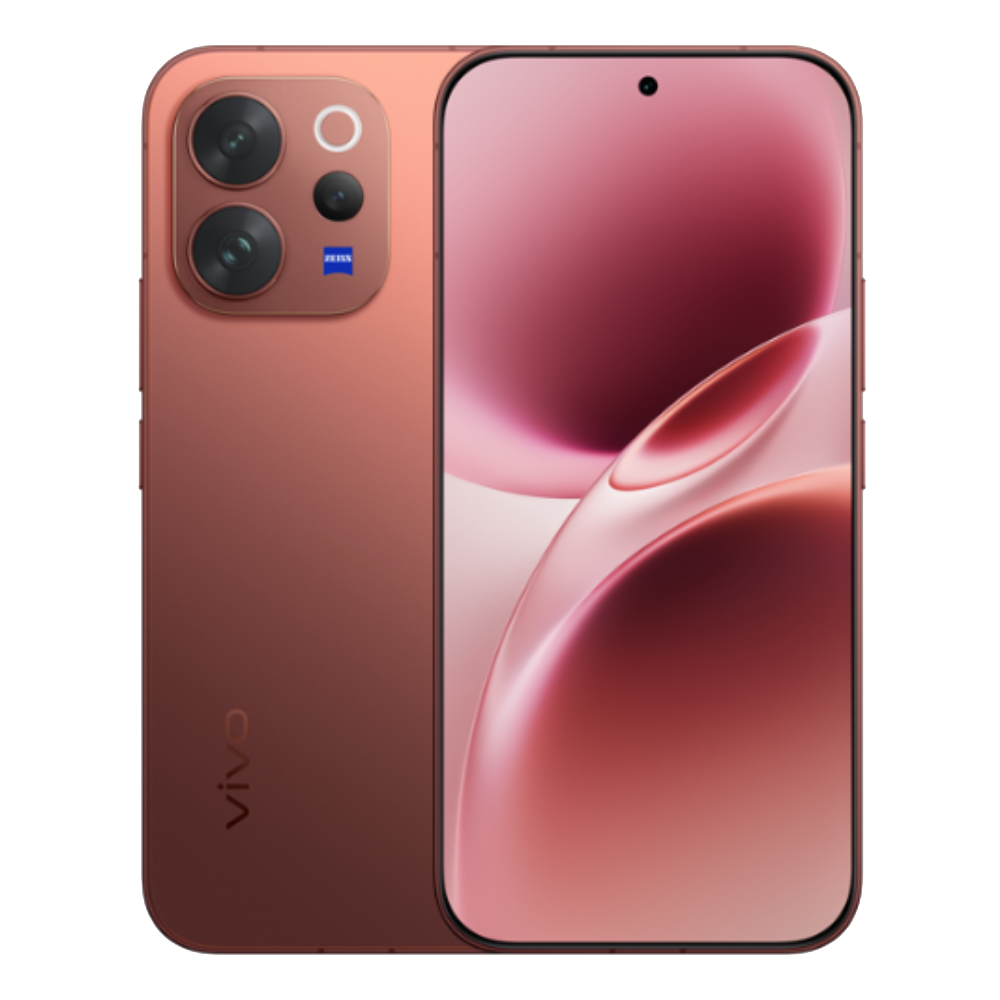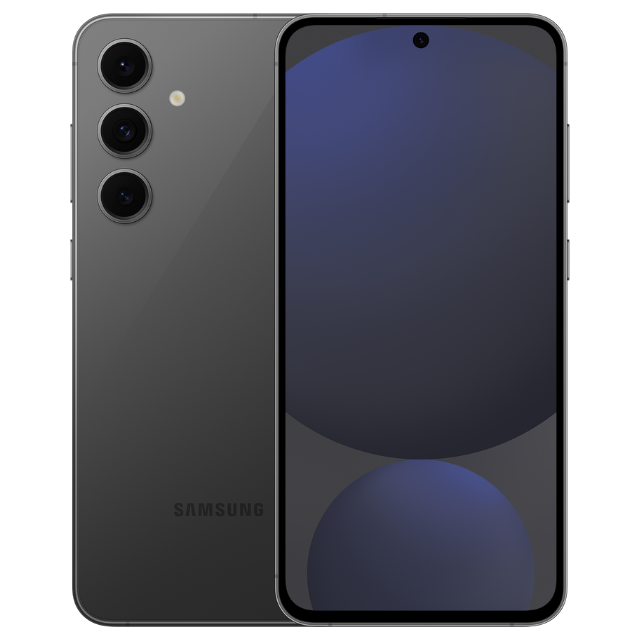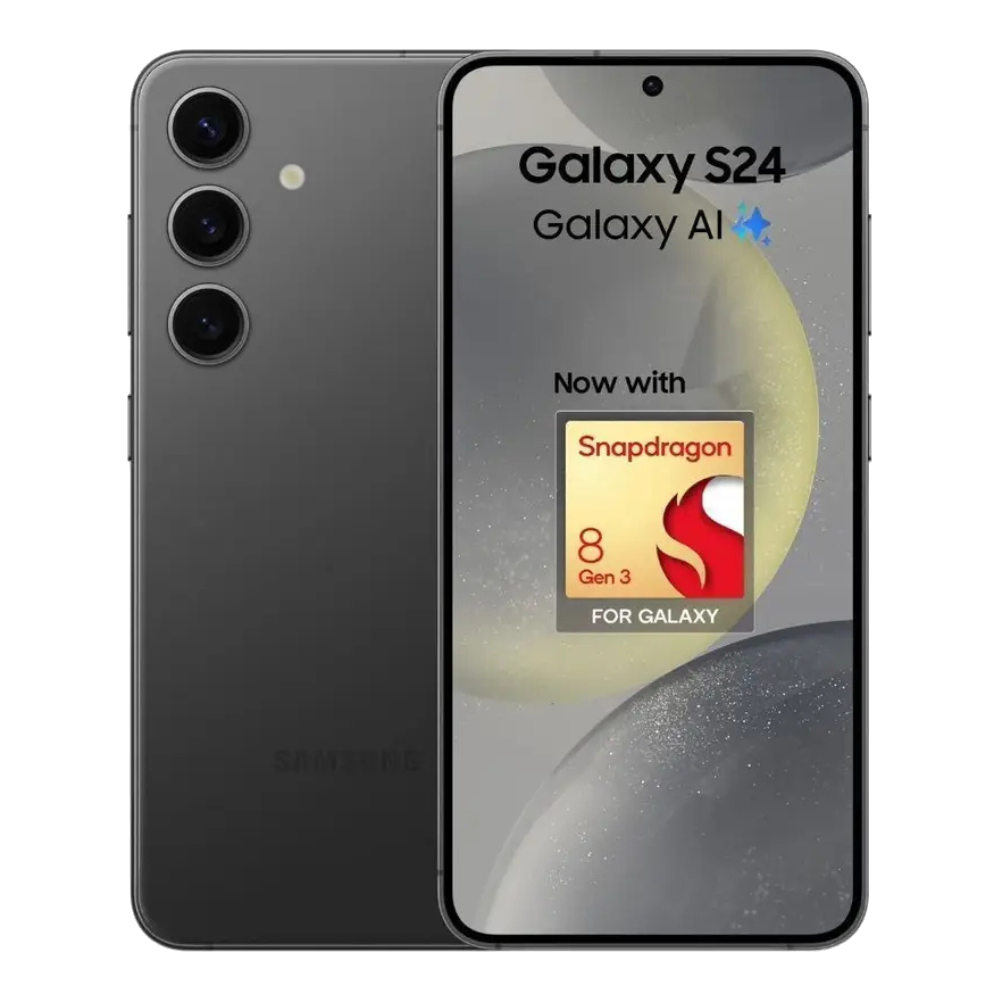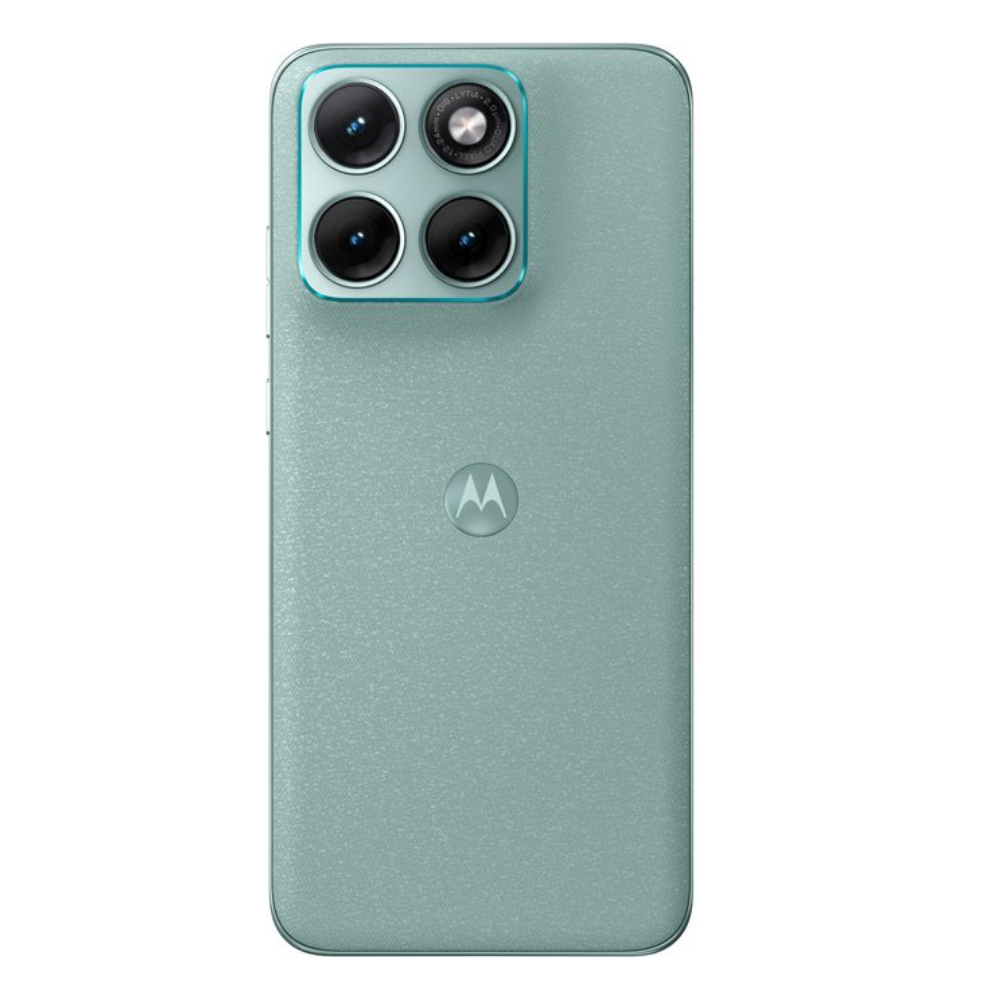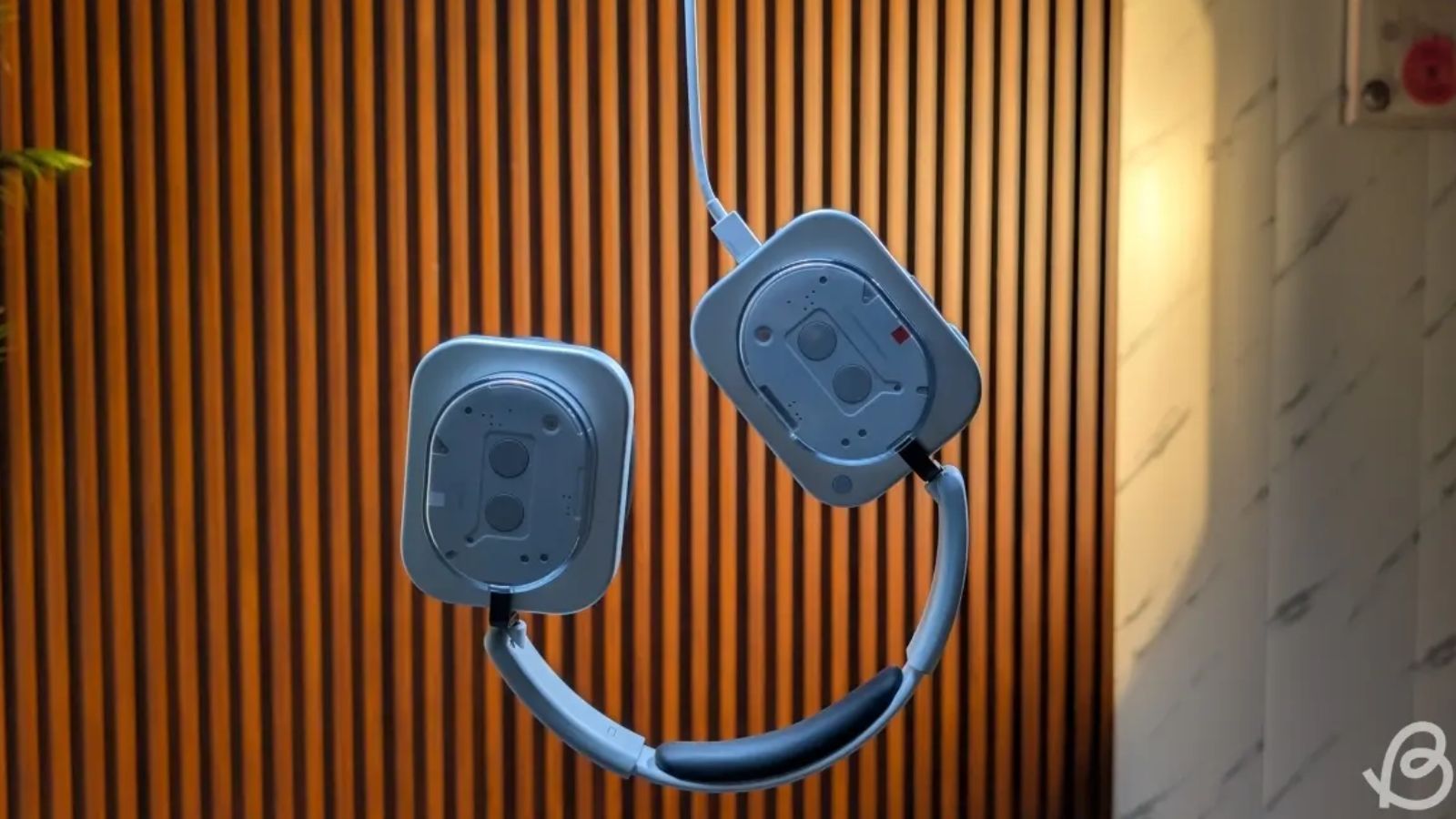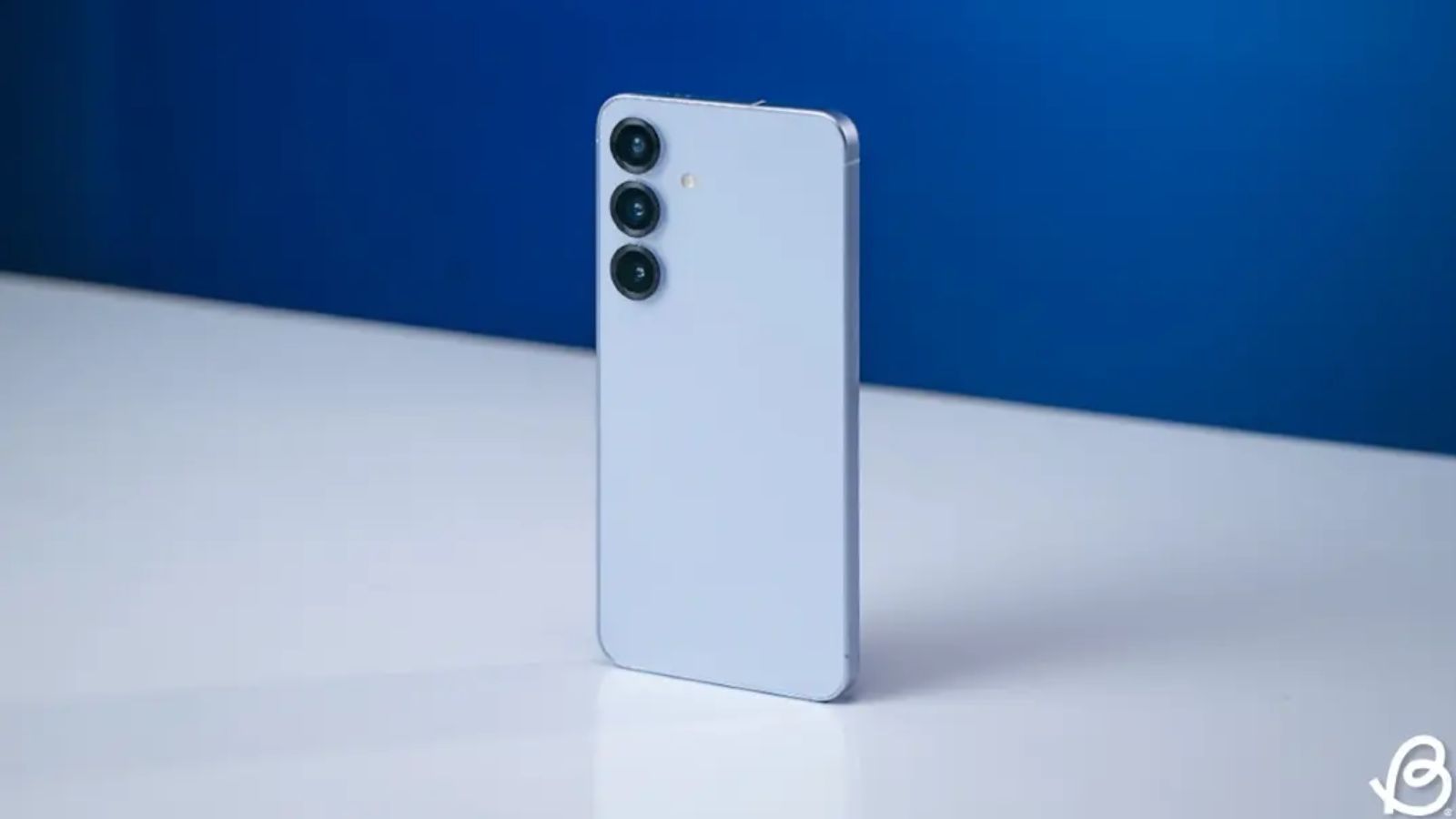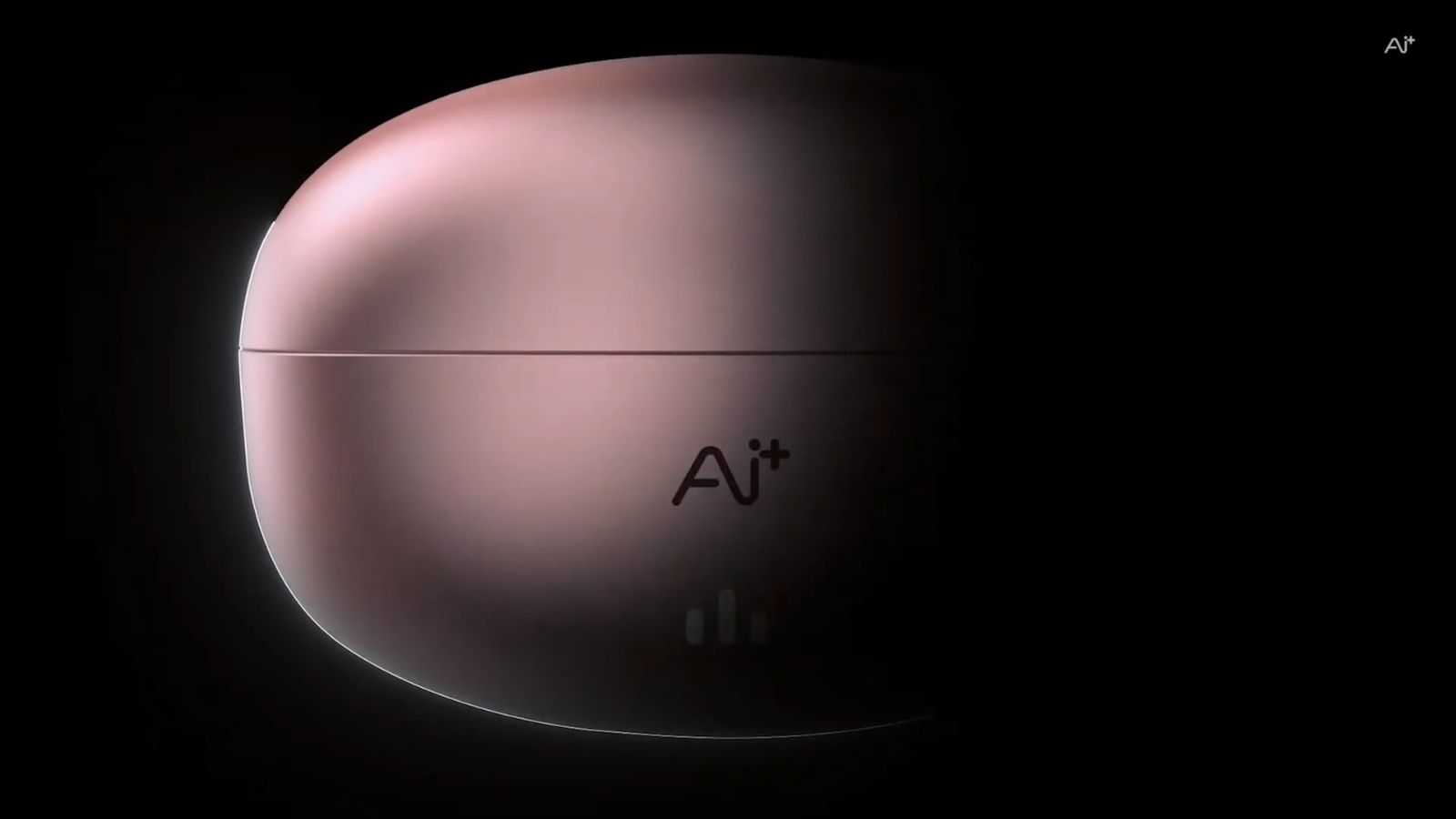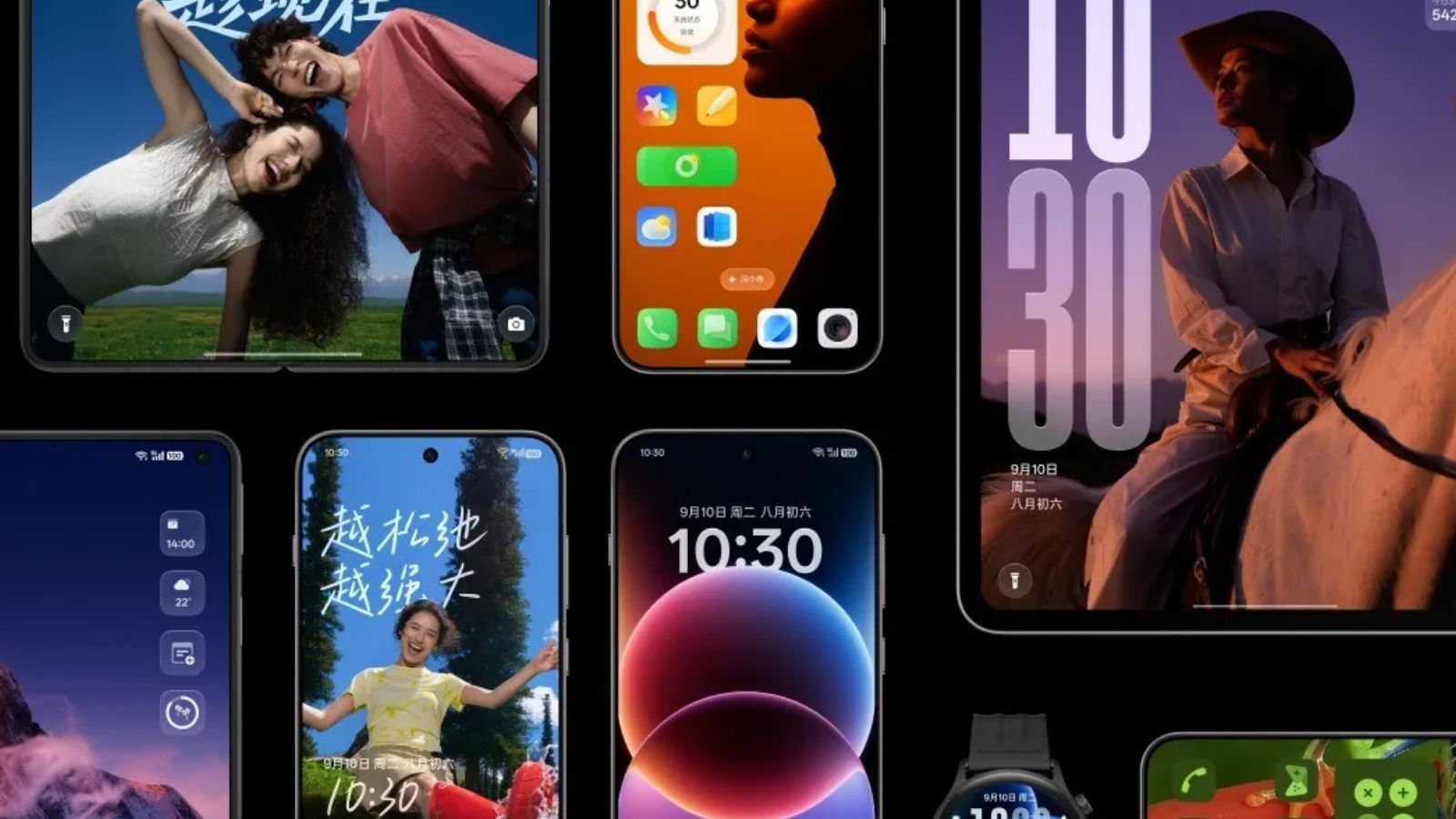The Android Open Source Project has been the backbone of Android development for years. However, there were rumours suggesting Google might discontinue AOSP and go fully private on Android development. Well, the firm has confirmed it's not ditching AOSP yet, but it has made a move that impacts third-party development on Pixel phones.
Earlier this week, Google has published the source code of Android 16. To confirm Google's commitment to AOSP, Google's VP and GM of Android Platform, Seang Chau posted on X. He explained how AOSP needs testable builds that aren't tied to Google hardware but use a new virtual device "Cuttlefish" that as the reference target. So, AOSP is not going away yet.
We're seeing some speculation that AOSP is being discontinued. To be clear, AOSP is NOT going away. AOSP was built on the foundation of being an open platform for device implementations, SoC vendors, and instruction set architectures.
— Seang Chau (@seangchau) June 12, 2025
AOSP needs a reference target that is…
What is going away, though, is the ability to install Custom ROMs on Pixels, not directly at least. One big omission with Android 16 source code was that Google did not post the device trees and driver binaries for Pixel phones. For those unaware, a device tree acts like a blueprint for the ROM developers, while driver binaries allow the OS to communicate with the phone's hardware.
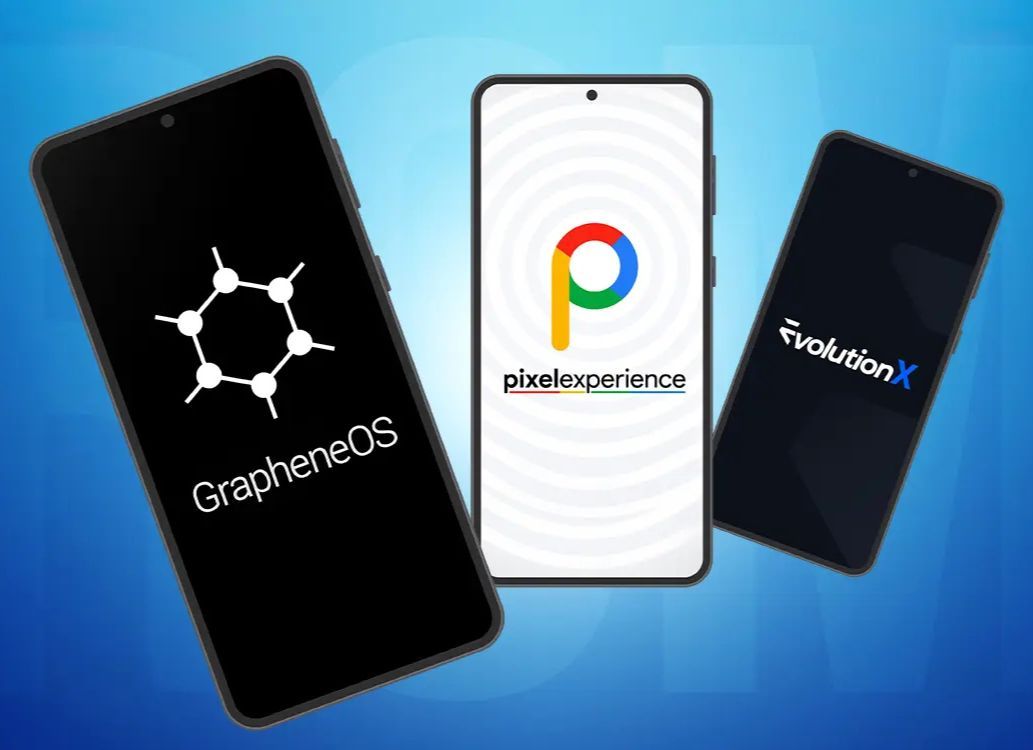
Without them, making new custom ROMs for Pixel devices will be difficult for developers. And with dropping interest in custom ROMs, and developers getting no incentive out of them, Google has essentially pulled the plug on custom ROM development, at least on Pixel phones.
Beebom Gadgets Take
It wouldn't be far off to say that custom ROMs contributed immensely to help shape Android to what it is today. Google is essentially pulling the rug off of those developers' who bought not just new Pixels, but also the older ones purely for development purposes.
The post from Seang confirms that Google wants developers to use an emulator and not their own device to test apps, which is plain wrong from the developer's standpoint, because they bought these devices for testing.
That said, most users will remain unaffected by this change. Since Google now offers 7 years of OS updates, and other manufacturers are also upping the ante, the popularity of custom ROMs has plummeted. However, this will affect users who want to move away from Google's services and opt for de-Googled custom OSes like Graphene OS.
The developer community has every right to feel betrayed by this move from Google because they were not warned. This leaves Pixel users in an awkward situation where, they CAN unlock the bootloader, but the only OS they can install is Pixel UI, not other custom ROMs.


